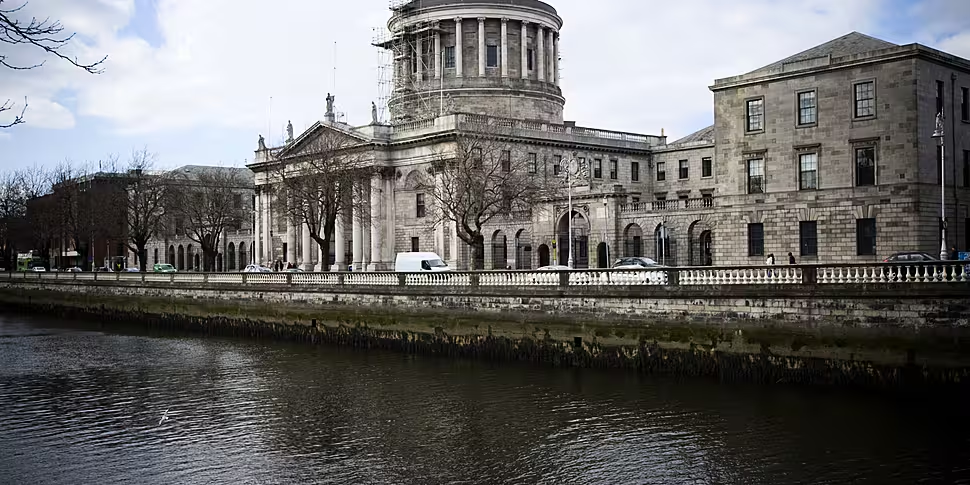The Seanad Éireann university electoral panels are unconstitutional, the Supreme Court has ruled.
The court ruled that the Oireachtas has failed in its obligation to expand the ability of voters from outside of certain universities to vote in elections.
Currently, three members of the Seanad are elected by graduates from Trinity College Dublin and three members are elected by graduates of University College Dublin, University College Cork, National University of Ireland Galway and Maynooth University.
Mandated to expand the vote
Today, Supreme Court Justices Brian Murray and Gerard Hogan ruled that the Oireachtas must allow all graduates of third-level institutions to vote in Seanad elections.
Mr Justice Peter Charleton dissented, ruling that the Supreme Court cannot extend a mandatory order requiring change as it risks the separation of power between the Supreme Court and the Oireachtas.
Mr Justice Peter Charleton disagreed, ruling that the Supreme Court cannot extend a mandatory order requiring change as it threatens the separation of power between the courts and the Oireachtas.
Voting by age bracket
On Lunchtime Live this afternoon, listeners argued that people should be able to vote in Seanad Éireann based on their age instead of their geographic location.
Brian Crowley told Andrea that the current Government system represents geographically-based issues, but it does not represent age-based issues.
“I would like to expand that to a system that would broaden the conversation to give a voice to underrepresented issues that are affecting different age demographics across the country,” he said.
Mr Crowley suggested that candidates for the Seanad could run in their specific age bracket, such as 45 to 54, and voters could elect candidates from their own age bracket.
He said that this would allow geograhically-based issues to be represented in Dáil Éireann while age-based issues are represented in the Seanad.
“If we’re to have two houses of the Oireachtas, have two different areas where issues can be talked about," he said.
“Our generation wants to have a say”
Political science student Callum Hedderman told Andrea that young people are not represented in the current system.
“Young people can’t see themselves in politics at the moment.”
Mr Hedderman said younger people have higher “political literacy levels” than ever before and that they deserve to have their voices heard in the Oireachtas.
“Every social movement that we’re looking at, it’s underpinned by young people.”
“You're creating silos”
Meanwhile, listener Geraldine told the show that an age bracket in the Seanad would introduce greater divides between generations.
“You're creating silos, and silos will create segregation. Silos do not work,” she said.
Geraldine also said that other demographics require better representation in the Oireachtas as well.
She said: “Women have no rights under the Constitution. It's not only the age, it’s women, because of the way our system is done.”
A referendum in 1979 introduced Article 18.4.2 of the Constitution to expand voting rights beyond these universities. This referendum was never enacted into law.
University of Limerick graduate, Tomás Heneghan brought the case to the Supreme Court.
You can listen back here:









